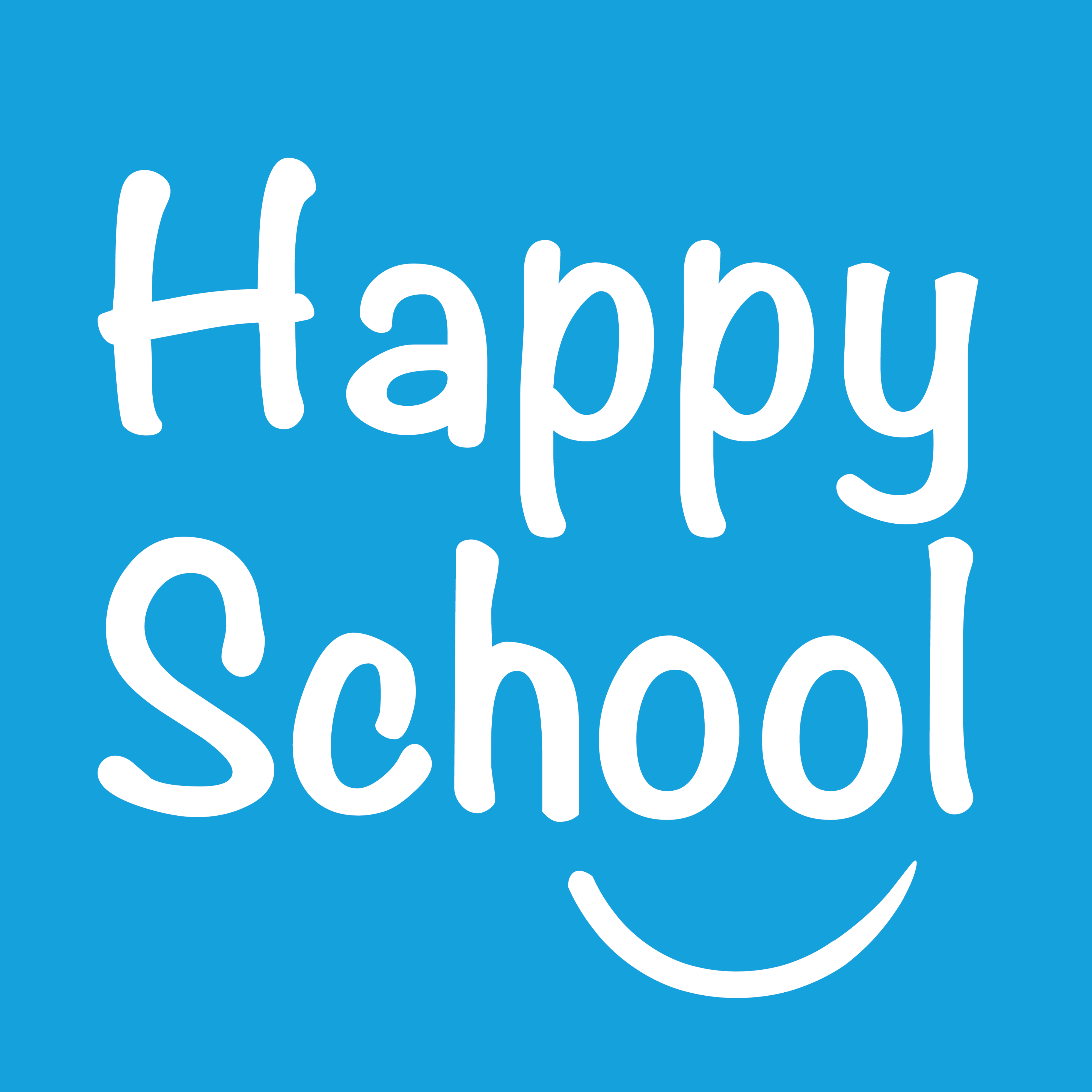Applying Growth Mindsets Through Praise
– This article is adapted from an article written by Sal Khan (Khan Academy) Researchers have known for some time that the brain is like a muscle; that the more you use it, the more it grows. They’ve found that neural connections form and deepen most when we make mistakes doing difficult tasks rather than repeatedly having success with easy ones. What this means is that our intelligence is not fixed and the best way that we can grow our intelligence is to embrace tasks where we might struggle and fail. Dr. Carol Dweck of Stanford University has been studying people’s mindsets towards learning for decades. She has found that most people adhere to one of two mindsets: fixed or…
